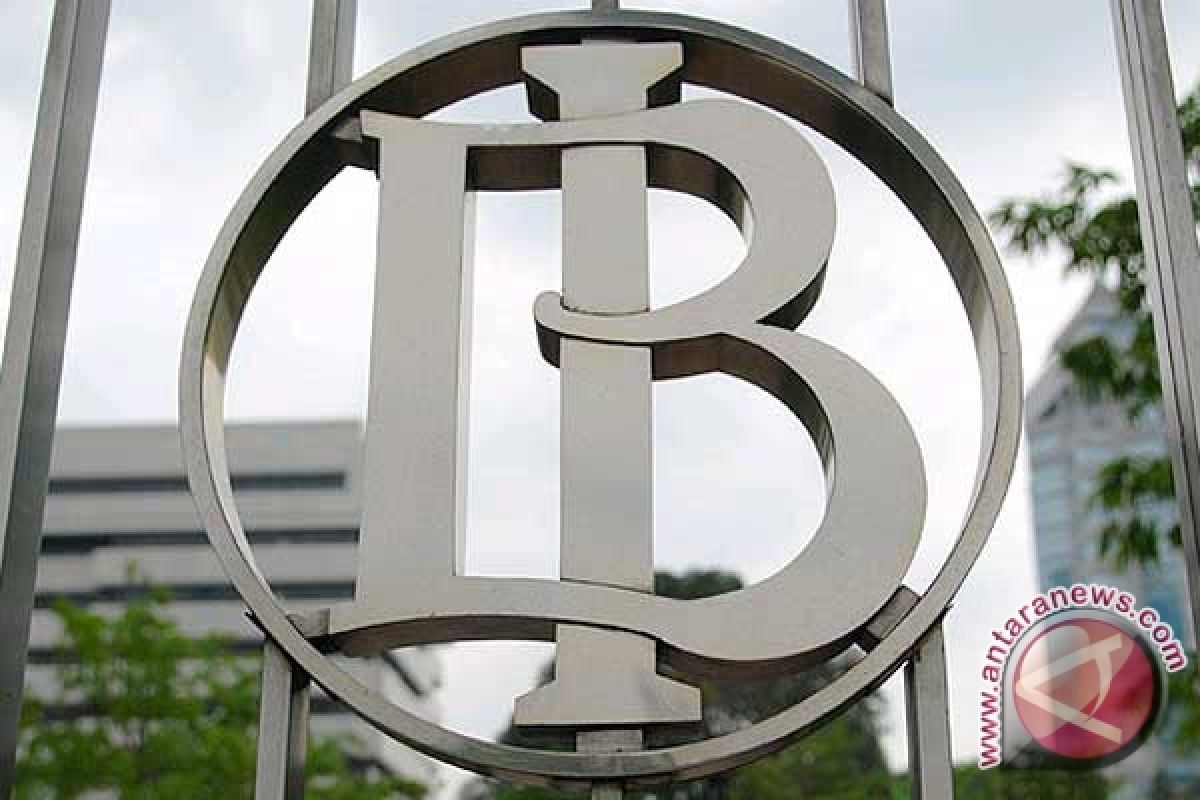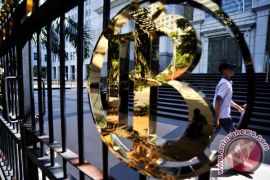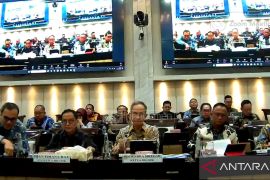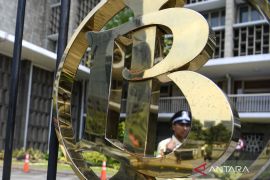"Although our economy is stable, economic fundamentals are good, we have to keep monitoring the foreign debts by continuously alerting businesses to manage their debts prudently," he said here on Thursday.
He said although private parties` management of foreign debt has been improving compared to that during the financial crisis in 1997/98 but efforts must continue to be made to reduce risks.
He said although total foreign debts of the government and private sectors kept increasing the present economic conditions are better than during the economic crisis so that the bumper or the economic crisis buffer is better.
"Our bumper is better and we are even going to become an investment grade. Foreign private debts have also entered into growing sectors such as leasing, telecommunications, mining and manufacturing," he said.
Regarding the government`s debt he said its composition was also better with debt sources shifting home through increased issuance of state securities.
Indonesia`s foreign debt until the first quarter of 2011 reached US$214.5 billion, increasing by US$10 billion from that recorded at the end of 2010.
The debt consists of government debt reaching US$128.6 billion and private debt US$85.9 billion.
The government debt is also increasing from the last position in December 2010 reaching US$118/6 billion with the private debt reaching US$83.8 billion.
The private foreign debt until April 2011 consists of non-bank debts (US$72.5 billion) and bank debts US$13.4 billion.
"Under the conditions our foreign debt burden is lighter than it was in the years before, based on existing ratios" he said.
The debt ratio to the Gross Domestic Product at present stands at 28.2 percent which is better than 151.2 percent in 1997/98. The short-term debt ratio to foreign exchange reserves meanwhile is recorded at 42.6 percent which is better than 142.7 percent in 1997/98.
Difi said one of the efforts to prevent the foreign debt from turning into a crisis was implementing tight monitoring on private debt which has already been done by BI since October 2010.
"To prevent a crisis private sectors` debts must be monitored. And we have already eased the reporting regulation to make them more compliant," he said.
(Uu.H-YH/HAJM/F001)
Editor: Priyambodo RH
Copyright © ANTARA 2011










